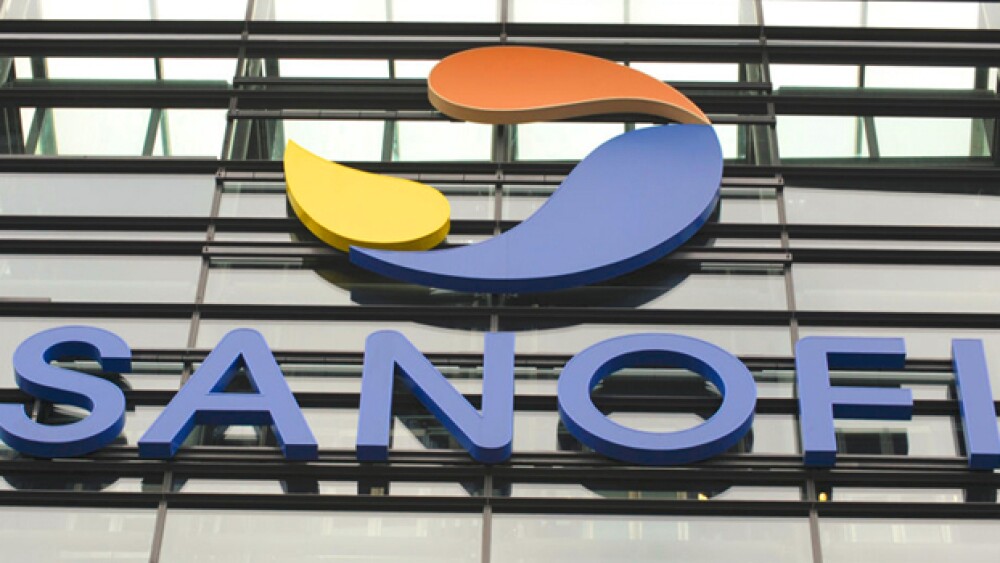Koss said affected employees will receive severance benefits and career guidance.
Sanofi Genzyme, the French company’s rare-disease division based in Cambridge, Massachusetts, announced it is laying off 130 people at a manufacturing facility in Boston. The facility is based at Allston Landing in Boston, and will remain a biomanufacturing site.
“We must be flexible in our operations to remain competitive in a dynamic and challenging healthcare environment,” said Ashleigh Koss, spokeswoman for Sanofi SA, in a statement.
Although the company has not indicated how many staffers are employed at the Allston Landing site, Sanofi has approximately 5,000 employees in Massachusetts. They are spread out through Allston, Cambridge, Framingham, Northborough, Waltham, and Westborough.
Koss said affected employees will receive severance benefits and career guidance. Koss went on to say, “We continue to make a substantial investment in our operations in Massachusetts, which remains a critical hub for Sanofi for manufacturing, R&D and commercial operations.”
This year started out as a busy one for Sanofi. On January 22, it announced it had acquired Waltham, Massachusetts-based Bioverativ for about $11.6 billion. In January 2017, Bioverativ spun off from Cambridge, Mass.-based Biogen’s hemophilia unit. Bioverative has two drugs on the market, Eloctate for Hemophilia A and Alprolix for Hemophilia B.
A week later, on January 29, Sanofi acquired Ghent, Belgium-based Ablynx for $4.8 billion. Ablynx focuses on Nanobodies, a novel class of proprietary next-generation biologics. It has a pipeline of more than 45 proprietary and partnered drug candidates I numerous areas, including hematology, inflammation, immuno-oncology and respiratory diseases. Eight of their compounds are currently in the clinic.
For the last year, Sanofi has been making plans to sell off its European generic drug business, Zentiva. According to sources reported by Reuters, potential buyers have been narrowed down to two pharma companies, three private equity funds, and a consortium of buyers. The two industry companies are Brazil-based EMS and India-based Torrent Pharma. The consortium is made up of Blackstone and Nordic Capital. The three other private equity funds are Carlyle, BC Partners and Advent.
Reportedly the companies all made bids in January, and Sanofi expects to winnow it down to a single buyer by the end of the first quarter. Zentiva is valued at about $2.49 billion.
Yesterday, Sanofi reported its fourth-quarter earnings, which missed analyst expectations and dropped 17 percent from 2016. And the company’s 2018 guidance is also below analyst expectations.
Max Nisen, writing for Bloomberg Gadfly, says, “The various woes that led to Sanofi’s deal aggression were on sharp display on Wednesday. Dengvaxia—a vaccine once expected to be a blockbuster—is now a drag. Diabetes drug sales fell 30 percent in the U.S. in the fourth quarter from a year earlier, and price pressure isn’t going away. The firm’s multiple sclerosis franchise also missed analyst sales estimates as Roche Holding AG’s rival Ocrevus continues to grab market share.”
Nisen also points out that the timing of the recent acquisitions was bad, because the year’s deals to date have been very expensive—with Sanofi’s leading the way. Sanofi is buying Bioverativ with a 64 percent premium and Ablynx with a 112 percent premium. And shortly after they made the deals, the stock market plunged, although they’ve recovered somewhat.
Nisen adds, “Sanofi will have new financial constraints after shelling out $16 billion for these deals. Its $6 billion in net debt at the end of 2017 is set to balloon. Sanofi is committed to paying a substantial dividend—$4.19 billion went back to shareholders last year. And it must invest in R&D as it attempts to build an internal research engine instead of relying on external partnerships as much as it has in the past.”





